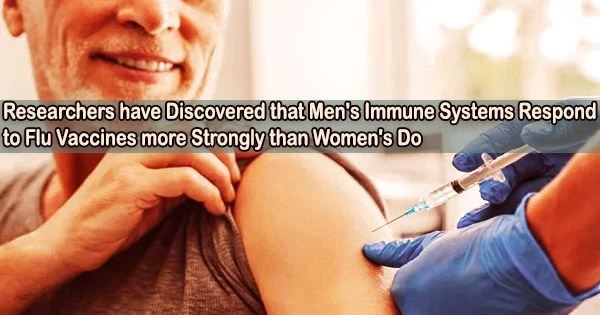The immune system is a complex network of cells, tissues, and organs in the human body that works together to defend against harmful pathogens, such as bacteria, viruses, fungi, and parasites. Its primary function is to recognize and eliminate these foreign invaders, while also maintaining a balance to prevent attacks on the body’s own healthy cells and tissues.
The long-term effects of infection on the immune system have long intrigued John Tsang, a Yale immunobiologist. Does the immune system return to its pre-pathogen state after the body has defeated it?
Or does a single infection alter it in ways that affect how it will react to future viral or bacterial threats as well as to a well-known virus?
Tsang, a professor of immunobiology and biomedical engineering at Yale, has long believed that the immune system reverts to the previous stable baseline after viral infection.
The emergence of the COVID-19 pandemic in 2020 allowed him and colleagues to test that theory. The answer, they found, depends on the individual’s sex, according to a study published Jan. 4 in the journal Nature.
Tsang, who at the time worked for the National Institute of Allergy and Infectious Diseases (NIAID), supervised a group of researchers who conducted the study. Lead author Rachel Sparks, who is now from NIAID, also worked on the project.
Our findings point to the possibility that any infection or immune challenge may change the immune status to establish new set points. The immune status of an individual is likely shaped by a multitude of prior exposures and perturbations.
Rachel Sparks
They then used that information to compare the reactions between people who had never contracted COVID-19, which is caused by the SARS-CoV-2 virus, and others who had suffered mild cases but recovered.
Surprisingly, they discovered that the immune systems of men who had recovered from mild COVID-19 cases responded to flu vaccines more robustly than those of women who had experienced mild cases or men and women who had never been exposed to the virus.
“In essence, the baseline immune statuses in men previously infected with SARS-CoV-2 was altered in ways that changed the response to an exposure different from SARS-CoV-2,” the authors said.
“This was a total surprise,” Tsang said. “Women usually mount a stronger overall immune response to pathogens and vaccines, but are also more likely to suffer from autoimmune diseases.”
The findings may also be linked to an observation made early in the pandemic: Men were much more likely to die from a runaway immune response than women after contracting the COVID-19 virus.
The new research suggests that even modest COVID-19 infections may result in more dramatic functional alterations to the male immune system, even after recovery, in men compared to women.
When they objectively compared the immune system state of COVID-recovered males with healthy controls and COVID-recovered females, both before and after receiving flu shots, they discovered many discrepancies.
Men who had previously contracted the flu, for instance, produced more interferons, which cells create in response to infections or vaccinations, as well as more influenza antibodies. In general, healthy females react to interferons more strongly than healthy males.
More than 600 million people have been infected with COVID-19 to date, and the emergence of “long-COVID” symptoms in some individuals continues to be a significant health issue, according to the authors, making it imperative to comprehend the long-lasting consequences of COVID-19 on the immune system.
“Our findings point to the possibility that any infection or immune challenge may change the immune status to establish new set points,” said Sparks. “The immune status of an individual is likely shaped by a multitude of prior exposures and perturbations.”
Tsang believes that by, for example, simulating how moderate COVID-19 alters the male immunological baseline, these discoveries may also aid scientists in developing better vaccines against a variety of dangers.
Other researchers included William Lau, a computational biologist at the National Institutes of Health, and Can Liu, a systems immunology graduate student at the University of Maryland who is also affiliated with NIAID.
















